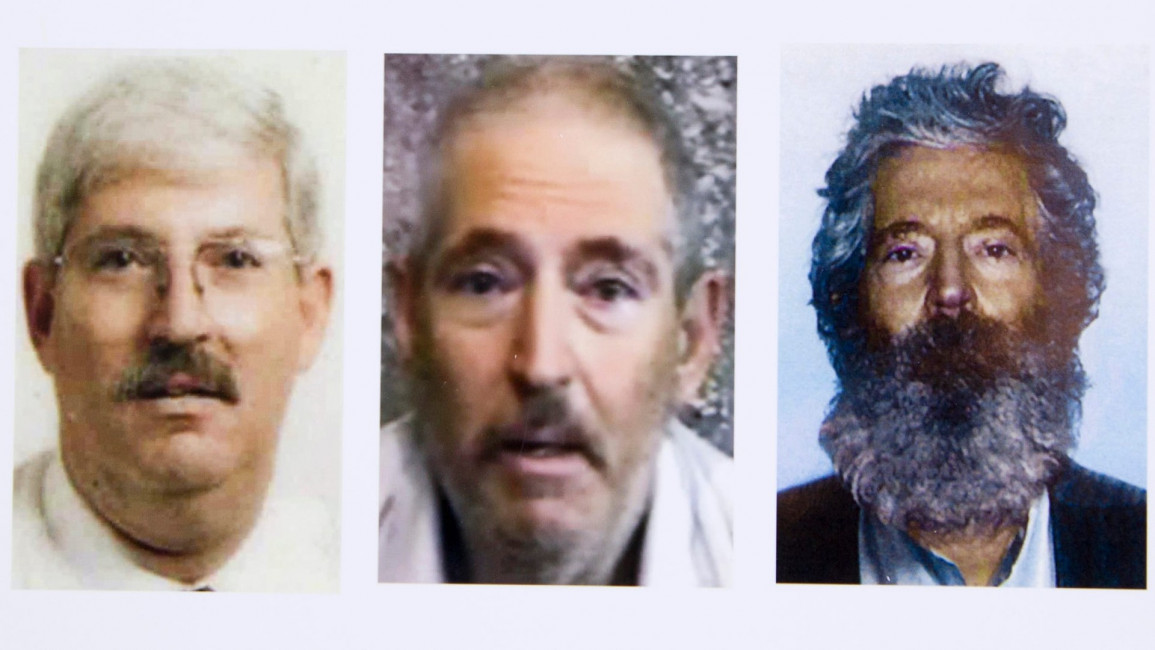Iran liable for disappearance of former FBI agent, US judge rules
The decision from US District Judge Timothy Kelly was a milestone moment in the family's lawsuit against Tehran, which featured wrenching testimony in Washington's federal court from each of Levinson's seven children.
"It is really important to the family that people realise what their father, their husband, has been through and what they've been through," said David McGee, a lawyer for the family. "It is a terrible ordeal."
In his 25-page ruling, Kelly found that Iran "in no uncertain terms" was responsible for Levinson's "hostage taking and torture" and entered a default judgment after the country declined to respond to the lawsuit. The family sought more than $1.5 billion in damages. Most of that amount was in punitive damages.
"He has been unable to see his children grow up, enjoy professional success, marry, and become parents themselves - as they have many times over," Kelly wrote in his judgment. "But they have not forgotten him, not by a long shot."
|
||
His daughters tied photographs of him to their bouquets on their wedding day, the judge said, and one named a son after him.
Levinson disappeared on 9 March 2007, when he was scheduled to meet a source on the Iranian island of Kish. For years, US officials would only say that Levinson was working independently on a private investigation.
But a 2013 Associated Press investigation revealed that Levinson had in fact been sent on a mission by CIA analysts who had no authority to run such an operation.
The family received proof-of-life photos and a video in late 2010 and early 2011, but his whereabouts and fate are not known.
In November, the Iranian government unexpectedly responded to a United Nations query by saying that Levinson was the subject of an "open case" in Iranian Revolutionary Court.
Though the development gave the family a burst of hope, Iran clarified that the "open case" was an investigation into his disappearance.
Secretary of State Mike Pompeo said in a statement on Monday that the US would continue working to free Levinson and other hostages held by Iran.
The next step in the lawsuit will be the appointment of a special master to assess damages for individual family members and make a recommendation to the court.
There are multiple sources of money the family can look to draw from to collect the damages, including Iran's own assets.
Follow us on Facebook, Twitter and Instagram to stay connected



![Squad incumbent Summer Lee has won her district's Democratic primary. [Brooke Anderson/The New Arab]](/sites/default/files/styles/image_330x185/public/2024-04/413898031_1041031157158522_8195934720767720634_n%20%283%29.jpg?h=ff8c3fa3&itok=75Sx6fbL)